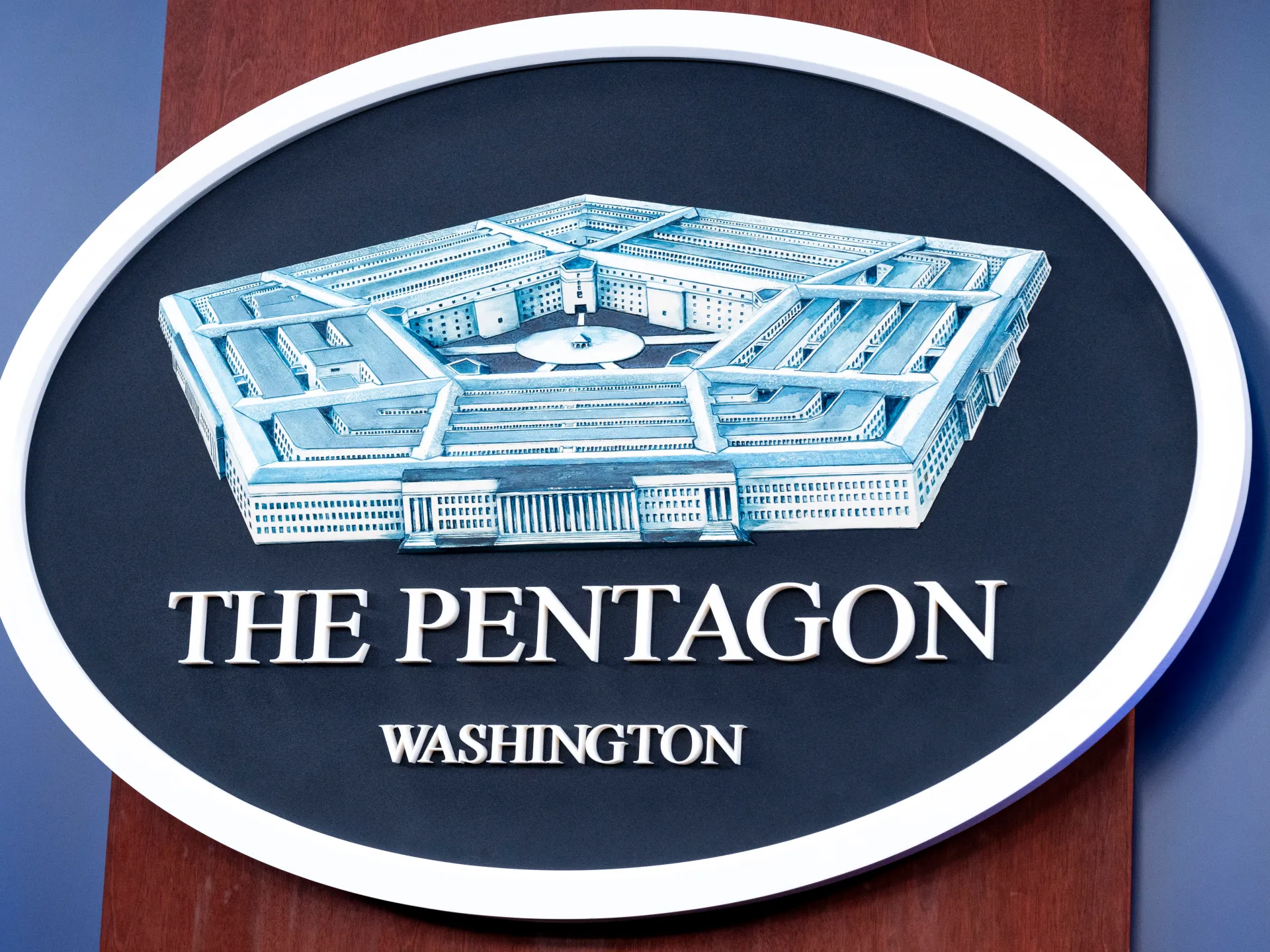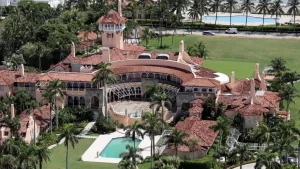Imagine trying to report on the Pentagon — and suddenly being told you can only share what the Department of Defense approves.
That’s the new reality journalists face under a policy rolled out by Defense Secretary Pete Hegseth, and major US news outlets aren’t having it.
The New York Times, Washington Post, CNN, and scores of other prominent media organisations have refused to sign the 21-page policy.
The policy requires all information — even unclassified — to be cleared before publication.
Miss the deadline, and reporters must turn in their Pentagon credentials and leave the building.
“Pentagon access is a privilege, not a right,” Hegseth said on social media.
He warned that soliciting military personnel to commit crimes isn’t protected under the First Amendment.
The Pentagon Press Association slammed the rules as “an unprecedented message of intimidation.”
Press Freedom Threatened
Employees are being warned against speaking freely with journalists.
“Most members seem likely to hand over their badges rather than acknowledge a policy that gags Pentagon employees,” the Association said.
President Trump backed the move, calling the press “very dishonest” and claiming the rules protect soldiers and generals from making mistakes.

Critics argue the restrictions could severely undermine press freedom and limit Americans’ ability to stay informed on national security issues.
For decades, Pentagon reporters had access to non-classified areas.
Now, they face a policy that many say treats the press like intruders rather than watchdogs.
Is this protecting security, or just putting a muzzle on transparency? The debate is heating up.





